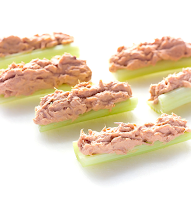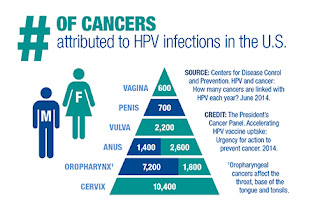Alcohol Poisoning. Can This Happen?

Since summer is just around the corner, we all are excited to celebrate being finished with the semester and our vacation time! Some people choose to celebrate with alcohol and we encourage those who do drink, to celebrate responsibly! Many young people think that they will never experience alcohol poisoning, but it can happen fast, especially when you are not aware of how many drinks you have consumed. Alcohol poisoning is a scary thing to witness or go through yourself. First let’s go over what a stand drinks are so we can keep track of how many drinks we’ve had. 1 Standard drink = 12 oz. of beer or 1.5 oz. of liquor or 5 oz. of wine When someone drinks alcohol, it gets absorbed into the bloodstream, which creates intoxication. The level of intoxication can be measured by their blood alcohol content, also known as BAC. Tolerance masks the effects of alcohol, someone may feel fine but their BAC level will show thei...






